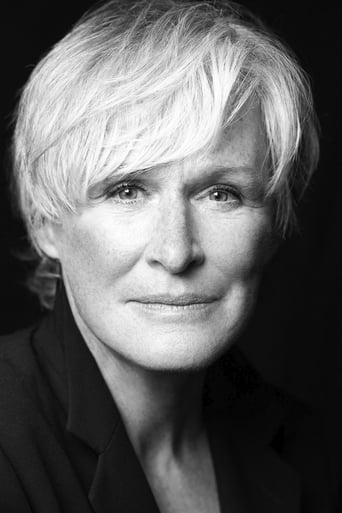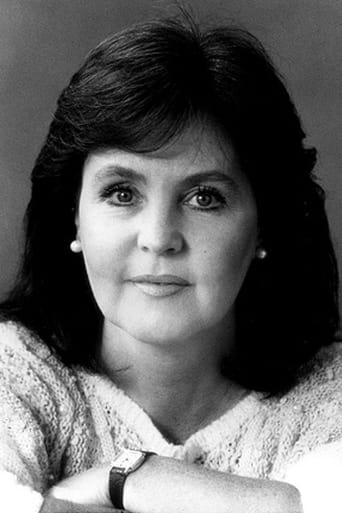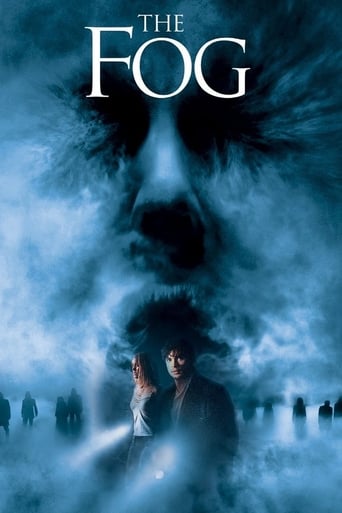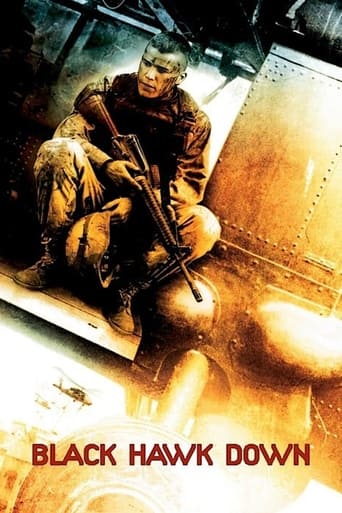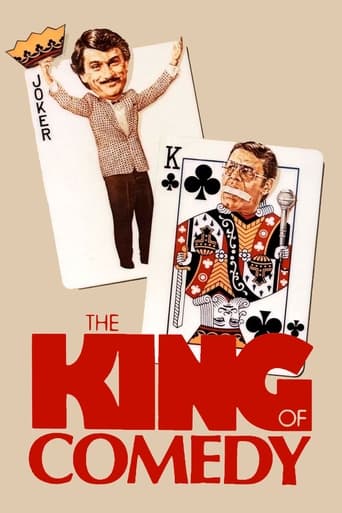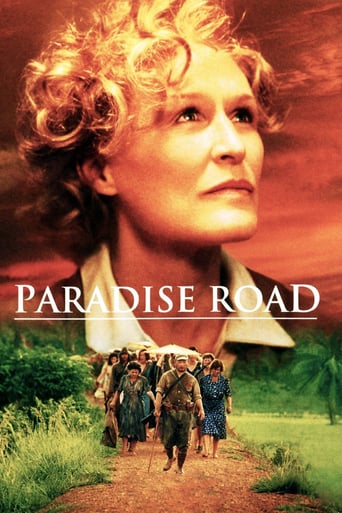

Paradise Road (1997)
A group of English, American, Dutch and Australian women creates a vocal orchestra while being imprisoned in a Japanese POW camp on Sumatra during World War II.
Watch Trailer
Cast
Similar titles
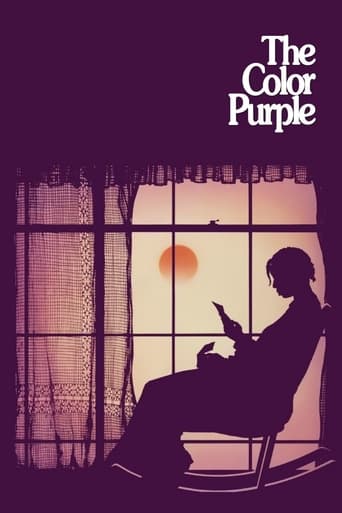
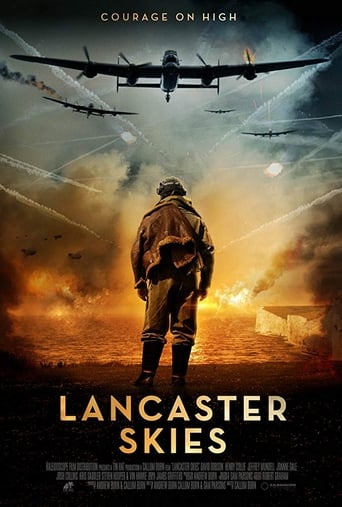
Reviews
Very very predictable, including the post credit scene !!!
When a movie has you begging for it to end not even half way through it's pure crap. We've all seen this movie and this characters millions of times, nothing new in it. Don't waste your time.
To all those who have watched it: I hope you enjoyed it as much as I do.
It’s fine. It's literally the definition of a fine movie. You’ve seen it before, you know every beat and outcome before the characters even do. Only question is how much escapism you’re looking for.
During the first 30 or so minutes of "Paradise Road", one is apt to ask one question incredulously: "They're still making movies about WWII?" Not-bad factual story based upon the diaries of Betty Jeffrey, this occasionally brutal but gripping film has female detainees in a Japanese-run prisoner-of-war camp in Sumatra organizing a choir, which raises their spirits and even captivates their captors. Director Bruce Beresford stages the indignities of the prisoners for maximum impact, yet neither this nor the music renders the picture fresh (it won't fool anyone who has seen 1950's "Three Came Home", or half a dozen other POW dramas). Glenn Close, the musically-trained den mother of the pack (and choir leader!), looks great with hardly any makeup and in a closely-cropped hairstyle; it's always fine to see her at work, and one can perceive initially why she signed on for this project (the epic sweep of wartime, the nostalgia and female camaraderie), yet her character's hushed-but-stern sanity and reasoning gets to be a bit much (as do the divergent accents of the group). "Paradise Road" obviously gave work to a quite a number of Asian actors--not to mention talented ladies--but it's of a genre that went out of fashion decades ago, and nothing in it is special enough to warrant a resurrection. ** from ****
Paradise road One of the best films Glenn Close ever made !The whole cast was outstanding, as was the filming and direction.... down to the last prisoner, soldier, or eaten snail... Why is this so good? The story line is excellent, the whole plot is excellent... you WANT to get into it.You feel everything that the characters feel in the movie ." Feel" is the key word. These are the feelings the movie evoked in me:I wanted to rally with them, cry, get angry , be afraid, not be afraid, escape, survive, hunt for food, rescue, protect. Felt pain, anguish and smelled the scorching of flesh being burned alive.Death, sorrow, hopelessness of getting malaria.I wanted to murder the soldiers and officers, one by one, and bury them in a deep pit in the jungle ! Fight back, sing, love, show compassion, show bravery, kill the general when he said, " the war is over ! Now, we can all be friends again".Feel the strength of over-coming all these odds, because of the unity of these strong women.Knowing it is based on a true story makes me wonder what atrocities were omitted to make this picture viewable, ( the horrors and inhumanities of war ). The entire cast is in total sync with each other.Close always plays her roles with the most believability possible. She is the character. You feel it. You believe it This movie evokes every emotion that one can possibly feel, yet you leave it with a promise of hope and strength, rather than sadness. Hooray for the strong women . A most remarkable production. I watch it every year, too good not to !
If I was going to describe this movie in one word, the word would be atrocities.I think men who are assigned to the seeing after of POW's, especially female POW's, are particularly inept, and not good for much else, and probably realizing this, and being angry about it, are experts through their anger, in the field of designing, and applying atrocities.The courage, and resourcefulness, of these ladies was impeccable. Even when faced with what seemed to be the most dire of circumstances, they were able to maintain their digninty.The music they created through the expertise of Glenn Close's character, was unique to say the least, and also enjoyed by their keepers, I believe to such an extent, that they were spared at least some of the indignities they would have had to suffered.I've watched this movie several times, and although there are a few places where it seems to get a little slow, it is still a very enjoyable film, because these slow places are essential to the movie as a whole.I couldn't write this without mentioning Frances McDormand. She is so versatile, and in this movie, she proves once again, that there's nothing she can't do!
Paradise Road is based on the true story of women POWs in Sumatra during WWII. The film, for the most part, follows what really happened... with one glaring exception!The incident that is prominently missing from Paradise Road is the Bangka Island massacre, which was one of the worst atrocities committed against women POWs during WWII and is an integral part of this story.After their ship, The SS Vyner Brooke, was sunk, the survivors made for the nearest land which was Bangka Island. They came to shore in different places but a group of more than a hundred people ended up on Radji beach. The group consisted of 22 Australian Army nurses, some civilian men, women and children, and 30 British soldiers from another ship which had been sunk. The island was fully occupied by the Japanese and the group unanimously decided to give themselves up. The group leader set off to find someone to surrender to. The civilian women and children began walking towards the main town on the island. The 22 nurses remained behind with the men and the soldiers (many of whom were badly wounded), an elderly British woman also remained with her wounded husband.When the group leader returned with a group of 20 Japanese, they ignored all requests for surrender. The Japanese shot and bayoneted the men, then ordered the 23 women to walk into the ocean. When they reached waist depth, the Japanese open fired with a machine gun and mowed the women down.There was one survivor. One of the nurses, Vivian Bullwinkel, was shot through the side and survived by pretending to be dead. She hid in the jungle for 12 days, caring for a British soldier who had been bayoneted and left for dead (he later died). Eventually, she gave herself up and was re-united with the rest of the women in the prison camp in Muntok. When she told them what had happened on the beach and they quickly realised that they would all be killed if the Japanese learned there was a witness to the massacre. So they made a pact not to speak of it again until they were free.Paradise Road is a fictional film based loosely on fact, not a documentary. Sometimes it is necessary to make changes to the real sequence of events in order for the film's structure and pacing to work. I do accept this and I would prefer to see a good film rather than a accurate one.But in leaving out the massacre on the beach, the film does a disservice to these women. These women were aware, from the start of their internment, that the Japanese were capable of atrocities on a massive scale and that there was no safety in numbers. They lived in a constant state of fear that the Japanese would repeat such an act or learn that Vivian Bullwinkel had survived the massacre and kill them all.Paradise Road tries to portray Japanese atrocities with a fictitious incident where a woman is set on fire (which did not really happen) but this does not compare to the scale of the 80 people massacred on Radji beach and the effect it had on the women in the camp. There were 32 Australian Army nurses in the camp and the women who died on the beach were their friends and colleagues. They were from the same unit and had nursed together for the first two years of the war. All their interactions with the Japanese guards were coloured by the knowledge that they had murdered 22 of their friends in cold blood.Paradise Road is a very good movie and I suspect it will become the definitive film about female POWs during WWII. Which sadly means that the 22 women who were murdered on Radji beach will be lost from memory... and they deserve better than that.If you want to learn more about the women POWs of Sumatra, I suggest you read "White Coolies: Australian Nurses Behind Enemy Lines," the diary kept by camp survivor Betty Jeffrey, or read the biography "Bullwinkel" by Norman G. Manners. There is also an excellent 1985 documentary called "Song of Survival", and a really tacky episode of "Willesee's Australians" that dramatises the story of Vivian Bullwinkel.
